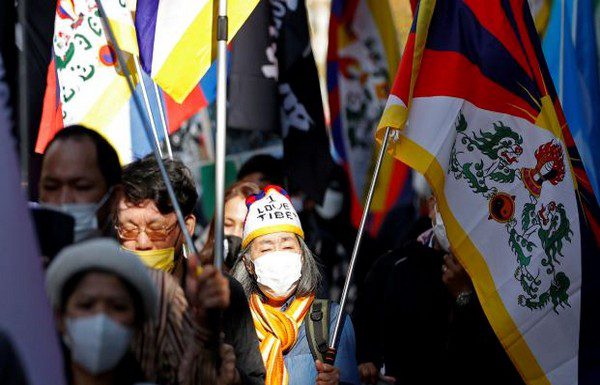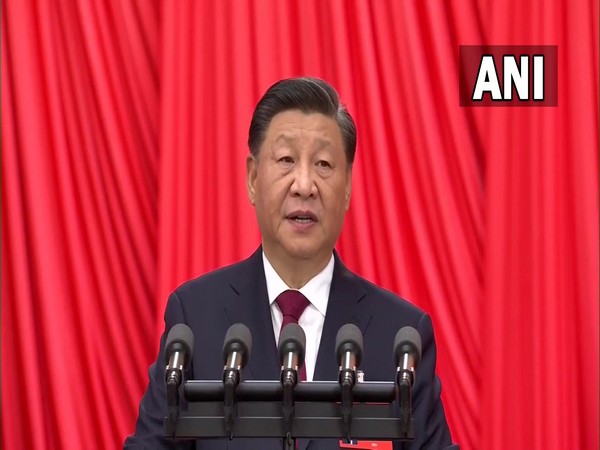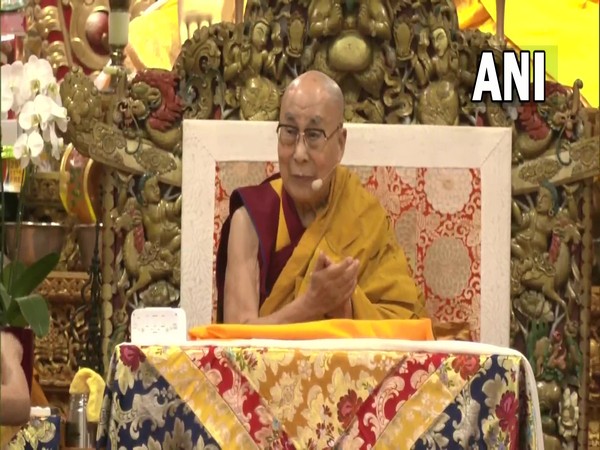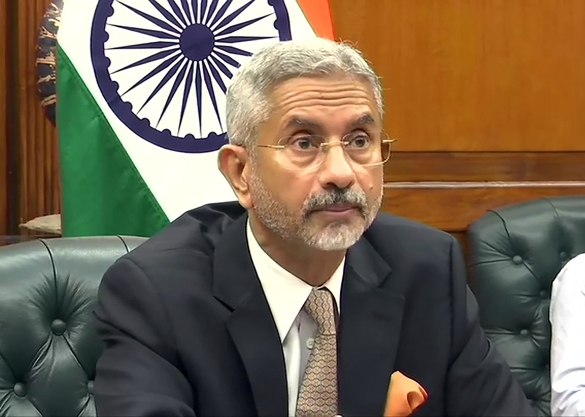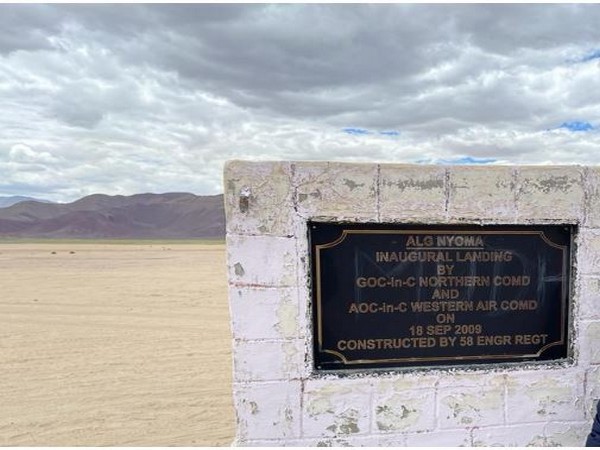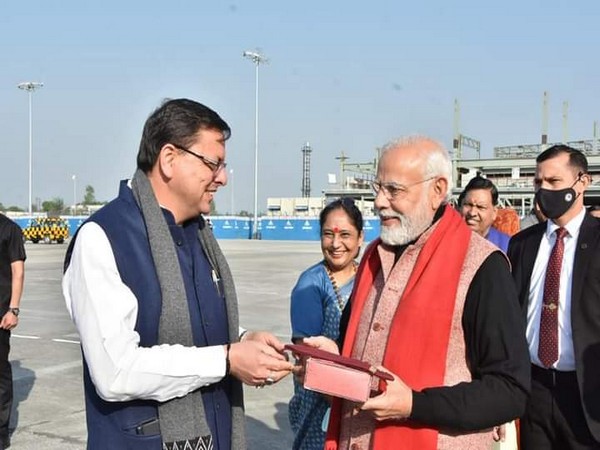The discrimination towards Tibetans has intensified after Xi Jinping took oath as China’s President with an unprecedented third term as repressive policies continue to remain a part of Chinese rule in Tibet, reported a think tank, Policy Research Group (POREG).
Tibetans have raised the banner of affirmative opposition to Beijing since 1949. The latest oppression in Tibet is because of the Zero-Covid policy which has resulted in outrage amongst Tibetans.
The authoritarian lockdown is ostensible to prevent and control Covid-19 but it has suffocated people. Scores are pushed to take refuge in suicide due to inhumane quarantine conditions.
Han Chinese and Tibetans living in Lhasa hit the streets in October protesting against inadequate food and medicines under the lockdown regime. The security forces crushed the demo. Soon afterwards, the city witnessed the largest-ever protest since the 2008 uprising in which around 200 people were detained, POREG reported.
The cruelties against Tibet do not end here and reveal the next stage of hell in Tibet has created the world’s largest forensic DNA database under Xi Jinping with more than 100 million profiles to control its population.
Violation of fundamental rights of humans in Tibet and their exploitation in their own country has been on a surge for years by the Chinese government with the recent one being discrimination against the Tibetans in employment and housing.
Moreover, with every passing day, the situation in Tibet is becoming frightening. The world is being shown a country like China handling the outbreak in a harmonious way, but the reality apparently is far from that. The measures being taken are too severe and not in the public’s interest.
China was the centre of the COVID-19 outbreak in the world, the whole suffered millions of deaths in the past 2 years. But when entire China and many parts of the world were reeling under the coronavirus crisis, Tibet remained untouched except for one case at the beginning of the pandemic. Tibet did not see a COVID-19 case for over 900 days. But, Tibet has also come under its grip now.
Chinese President Xi Jinping enforced similar stringent conditions in Tibet as they were in other parts of China earlier under the ‘Zero Covid’ policy. Tibetans are taken to quarantine facilities or forced to stay inside their homes. This has caused them to lose their jobs and source of livelihood, besides mental harassment.
Amid this, China’s censorship of news and social media posts from Tibet has further raised concerns about the safety of Tibetans.
Furthermore, self-immolations continue to happen in occupied Tibet in order to divert the world’s attention towards the mistreatment of Tibetans by China with the latest one being on March 27, in which an 81-year male named Taphun from the Amdo region set himself on fire in the police station in the western part of Sichuan and died, Tibetrights Collective reported. (ANI)
